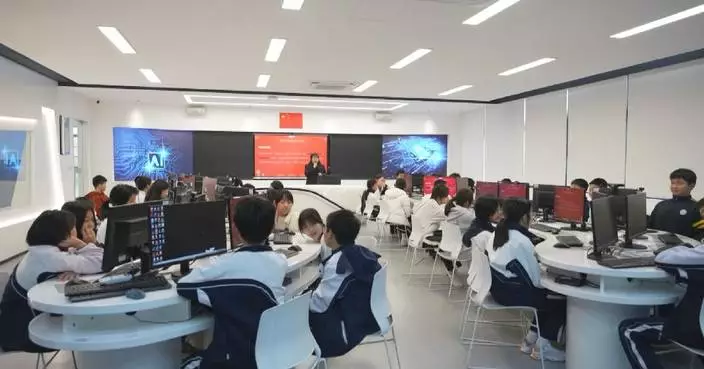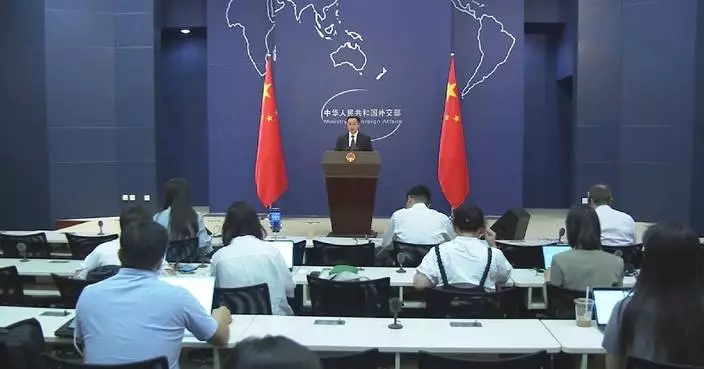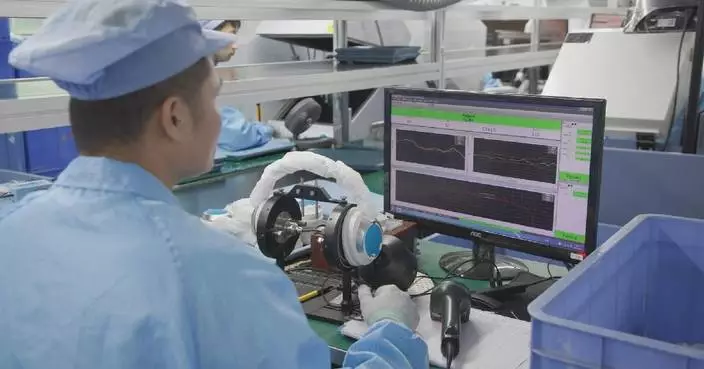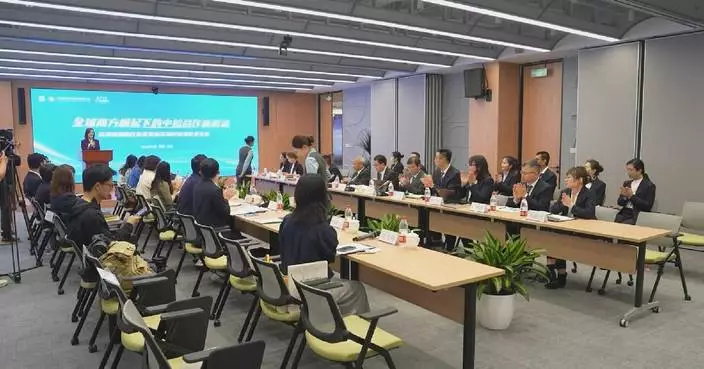Significant progress has been made in clearing the debts of financing platforms with the central bank support, said the governor of China's central bank Thursday.
At a press conference on the sidelines of the third session of the 14th National People's Congress, Pan Gongsheng, governor of the People's Bank of China (PBOC), said many efforts have been made in recent years to achieve the goal.
"Significant progress has been made in clearing the debts of financing platforms. Along with relevant departments and local governments, the PBOC has implemented several effective measures to mitigate the debt risks of local financing platforms," said Pan.
Pan noted that in 2023, the central bank established a standardized and systematic debt statistical monitoring framework for financing platforms. Local governments and financial institutions regularly submitted debt data in both directions, enabling cross-verification. Additionally, in collaboration with the Ministry of Finance, strict exit standards and procedures for financing platforms were put in place.
"Through efforts of multiple parties, the debt risk of financing platforms has substantially diminished. By the end of 2024, compared with the beginning of 2023, approximately 40 percent of local government financing platforms had shed the financing functions through market withdrawal and transformation. The scale of operating financial debt for financing platforms stood at 14.8 trillion yuan (about 2 trillion U.S. dollars), marking a decrease of about 25 percent from the beginning of 2023," the governor said.
Among the operational financial debts, about three-fourths are concentrated in major economically developed provinces in the eastern and central part of China, and these provinces have strong debt-dissolving ability, Pan said.
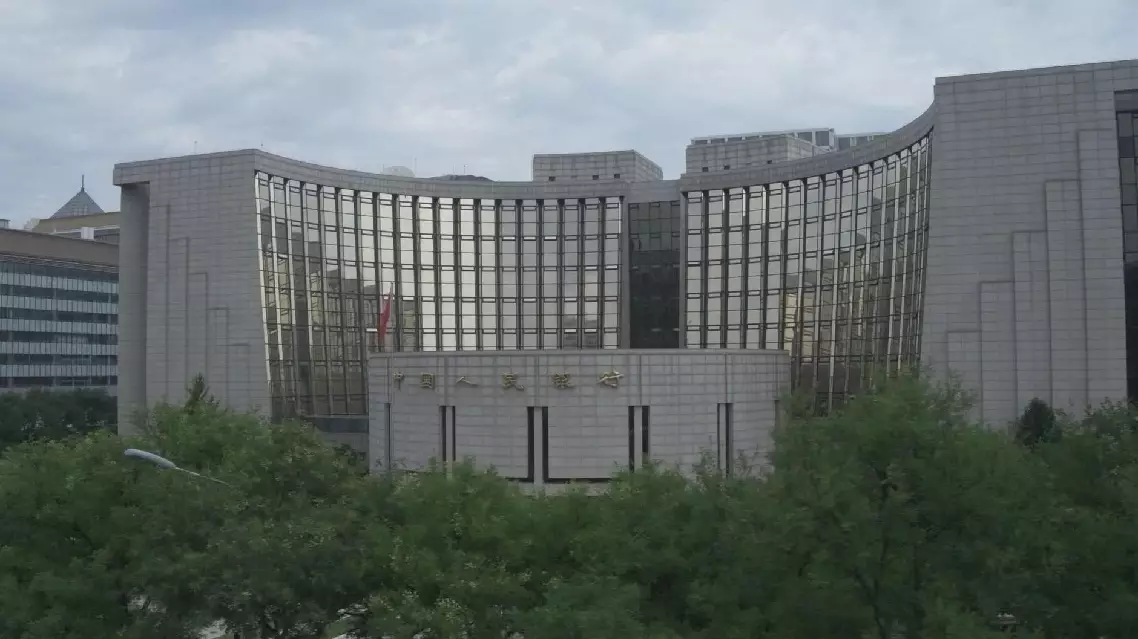
Significant progress made in clearing debts of financing platforms: PBOC governor
An artificial intelligence (AI)-empowered monitoring system developed by a team of Chinese researchers has been put into operation in biomanufacturing companies, with the potential to optimize processes, predict outcomes, and propel life science towards a new era of efficiency.
The AI system, developed by a research team at Shanghai Jiao Tong University (SJTU), is used in industrial fermentation. It can accurately predict and control the fermentation process, promoting the transformation of the biological fermentation industry from experience-driven to data-driven.
Time is a critical factor in fermentation, one of the core technologies of biomanufacturing, as microorganisms vary greatly at different growth stages, and their growth directly determines the success or failure of the fermentation process.
In the past, in order to ensure the quality of fermentation, engineers needed to monitor production lines in three shifts 24 hours a day.
In an AI-assisted fermentation workshop, hundreds of sensors are mounted on key equipment such as fermentation tanks, to monitor in real time hundreds of important parameters such as microorganism growth status and oxygen levels in the tanks.
The AI model will analyze the data, to ensure that the fermentation process is always in the best state.
In addition, the AI technology can draw up plans in advance.
For example, the antibiotic fermentation cycle is seven days. When the fermentation reaches the 20th hour, the AI tech can generate a complete fermentation operation plan from the 21st hour to the remaining 150 hours, making predictions about the entire process.
"It serves as an 'intelligent brain' and can make predictions about production process. Based on predictions about the production process, it can generate the best process plan in real time, so as to greatly increase production," said Li Jinjin, director of the artificial intelligence and micro structure laboratory (AIMS-Lab) at SJTU.
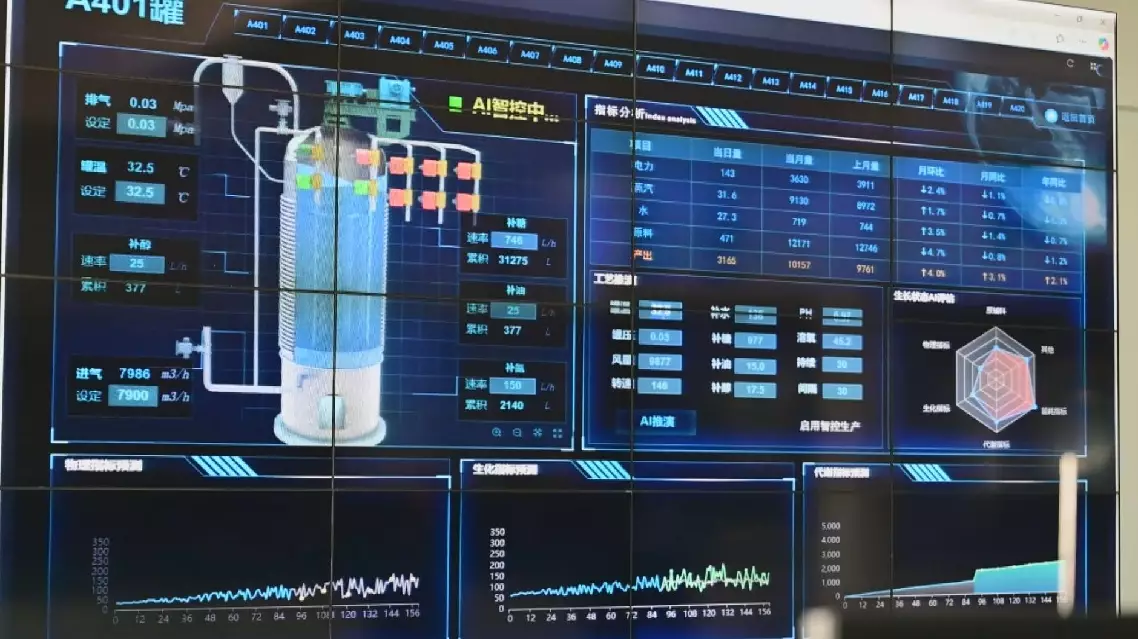
Chinese-developed AI system revolutionizes industrial fermentation process





